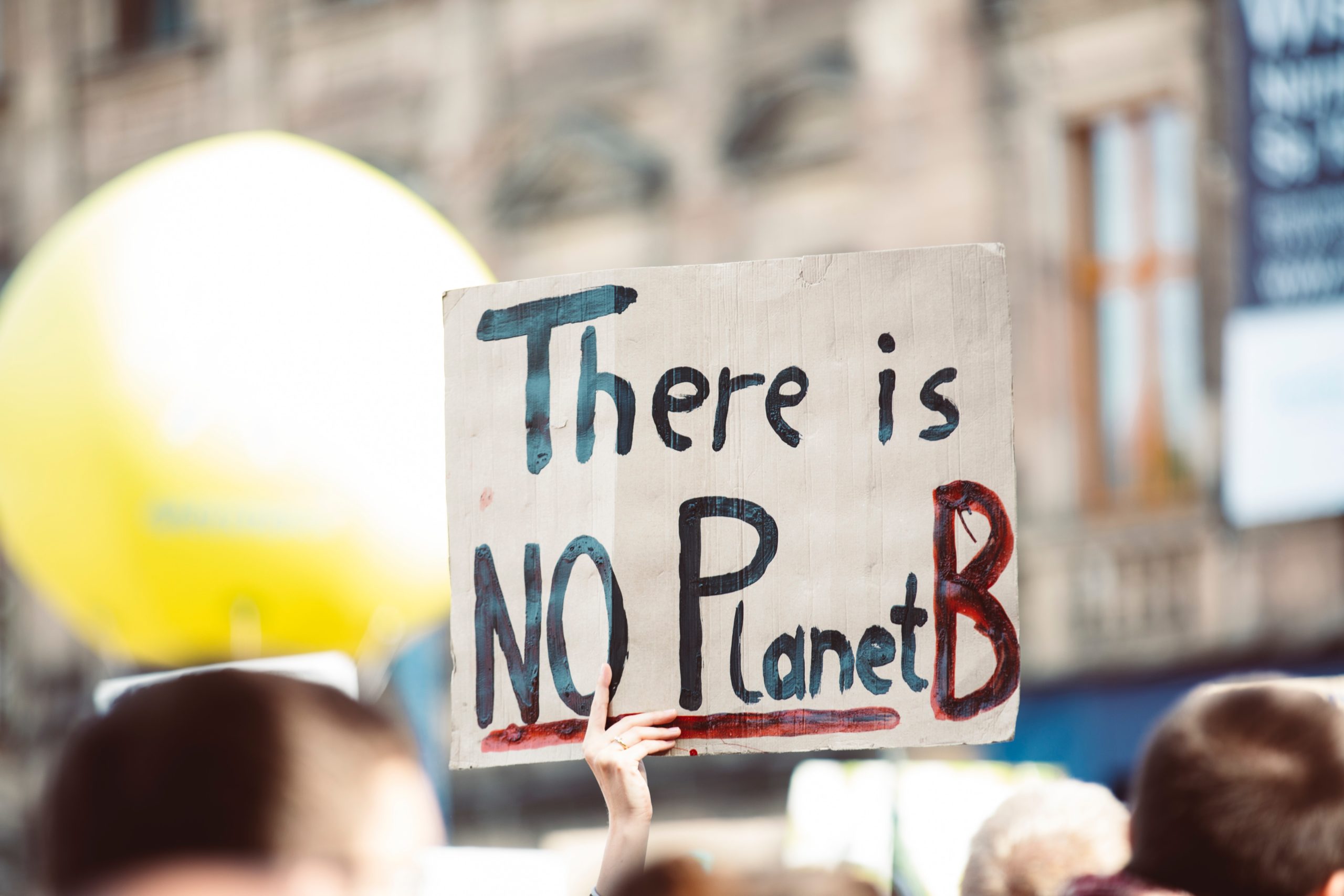
Climate change is arguably the defining challenge of our generation and we, as consumers are aptly to blame. According to a report by the World Economic Forum, eight global supply chains - food, construction, fashion, fast-moving consumer goods, electronics, automotive, professional services, and freight contribute over 50% of annual greenhouse gas emissions. Efforts are underway through the UN High-Level Climate Champions global “Race to Zero” movement to encourage regions, cities, businesses, investors, and civil society to reach net-zero emissions and essentially become “carbon neutral”; absorb or offset as much carbon as they emit by 2050. However, the movement continues to remain largely voluntary with little to no enforcement, monitoring, or accountability.
In line with the goals of the Paris Agreement, to date, many firms have committed to set greenhouse gas emissions reduction targets in accordance with climate science to limit global temperature rise at the end of the century at 1.5 or 2 degrees Celsius. These commitments are driven mainly by pressure from clients and customers to track, report, and reduce greenhouse gas emissions affiliated with their product supply chains. National and regional governments however have failed to develop a net-zero strategy or implement the necessary legislation to mandate target-setting and drive accountability among the corporate sector.
It is already clear that net-zero will define the post-COVID-19 economy. The impacts of climate change are being felt across all continents and the Intergovernmental Panel on Climate Change’s most recent report has warned that the world is already experiencing irreversible warming. Automation and machine learning is revolutionizing entire sectors and there is a global shift toward renewable energy driven by increasingly cost-effective solutions.
Previously, the topic of decarbonization was approached sector-wise, as a series of silos. For example, in 2004 Princeton University professors Robert Socolow and Stephen Pacala suggested that in order to stabilize climate change, we could harness technologies such as energy efficiency and conservation, carbon capture and storage, and forest management that could be scaled up over the next 50 years. However, it is increasingly clear that the approach needs to be revised towards an interconnected, closed-loop system capturing interactions among various sectors of the economy and society. For example, electric vehicles will require interaction between the transport and energy sectors while product sustainability could interact with agriculture, efficient buildings, and freight. Any credible strategy must now adopt a systems approach, reflecting the complexity of the challenge and the interactions across the economy.
Many governments point to a lack of credible data as the biggest stumbling block to enable comparison of greenhouse emissions reporting within and across different value chains and industries. However, technologies like machine learning, big data, blockchain, and the internet of things which seamlessly communicate, collect and store data are being co-opted to improve transparency around the true carbon costs of product value chains.
Using automated data collection methods can enable businesses and consumers to track emissions across the entire value chain, from raw material production, manufacturing, and freight to retail, offices, and business travel. Increased supply chain transparency with respect to greenhouse gas emissions will enable both business and consumers to make more planet-conscious decisions and facilitate synergies among industry coalitions to undertake more ambitious collective action towards decarbonization and ultimately move towards a circular economy where wastage is minimized.
The global response to the COVID-19 pandemic has shown that different countries are able to work together to share knowledge, technology, and resources to respond quickly to a global challenge. Some of these same lessons could be applied to the climate challenge. However, the role of governments and industry will be increasingly important in preparing for and adapting to align on “green” legislation such as cross-border carbon taxes, incentivizing sustainable business models, and transitioning or phasing out polluting industries.


Maha is an independent Environment & Sustainability Consultant with 12+ years of experience in sustainability, energy and environmental & social governance. She specializes in climate finance, energy policy and planning and social impact program development.